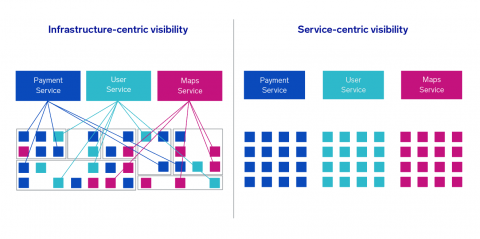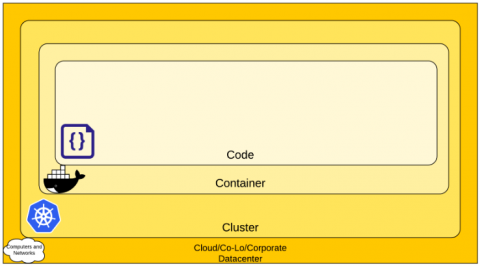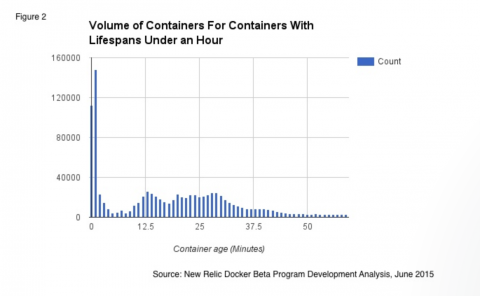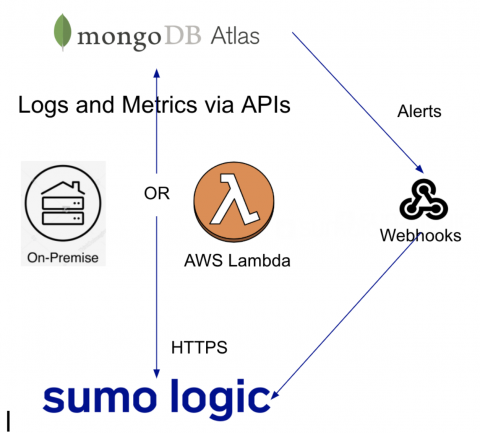Operations | Monitoring | ITSM | DevOps | Cloud
Sumo Logic
Illuminate 2019 - Keynote by Ramin Sayar, President & CEO of Sumo Logic
Serverless Computing for Dummies: AWS vs. Azure vs. GCP
Serverless computing is the latest, greatest thing in the technology world. Although the serverless concept has been around in one form or another for more than a decade, the introduction of serverless platforms from major cloud providers—starting with AWS Lambda in 2014—has brought serverless mainstream for the first time.
Why Traditional Kubernetes Monitoring Solutions Fail
Kubernetes has several key differences that push the limits of traditional application monitoring. Due to the distributed ephemeral nature of Kubernetes, most existing solutions fail to give the visibility we might expect, resulting in longer resolution times. Looking at these potential pitfalls can help guide us as we take a fresh look at Kubernetes management and monitoring.
How to Secure Kubernetes Using Cloud SIEM?
Kubernetes, commonly called K8s, is an open-source container management system developed by Google. Containers and tools like Kubernetes enable automation of many aspects of application deployment, which provides tremendous benefits to businesses. K8s is just as vulnerable to attacks and cybercrime as traditional environments, in both public and private clouds. In this blog post, we’ve compiled everything you need to know to make sure your Kubernetes environment is safe.
Serverless Computing Security Tips
Serverless computing is becoming more popular as organizations look for new ways to deploy their applications in the cloud. With higher levels of abstraction, easier maintenance, a focus on high performance, and ephemeral workloads, serverless computing solutions like Lambda are finding a permanent place in the mix of cloud infrastructure options.
Webinar The 2019 Accelerate State of DevOps
Challenges of Monitoring and Troubleshooting in Kubernetes Environments
Kubernetes is great but complex! Whether to enable hybrid and multi-cloud, promote deeper specialization among development teams, enhance reliability, or simply stay ahead of the curve, organizations are reaping the varied benefits of this technology investment— but it comes at a cost. With each optimization, there are tradeoffs. With each layer of abstraction comes less visibility, resulting in more complexity when something goes wrong.
A 360 degree view of the performance, health and security of MongoDB Atlas
We're happy to announce that the MongoDB Atlas app is now available in the Sumo Logic app catalog. MongoDB Atlas is a globally distributed cloud database service and the easiest way to run MongoDB in the cloud. Atlas offers best-in-class automation, built-in security controls, and proven best practices to protect your data and scale your applications.
Monitoring Slack workspaces with the Sumo Logic app for Slack
Slack is a popular cloud-based set of software tools and online services that provides for secure collaboration across teams, departments, offices, and countries. We are happy to announce support for monitoring Slack workspaces with the new Sumo Logic app for Slack.





